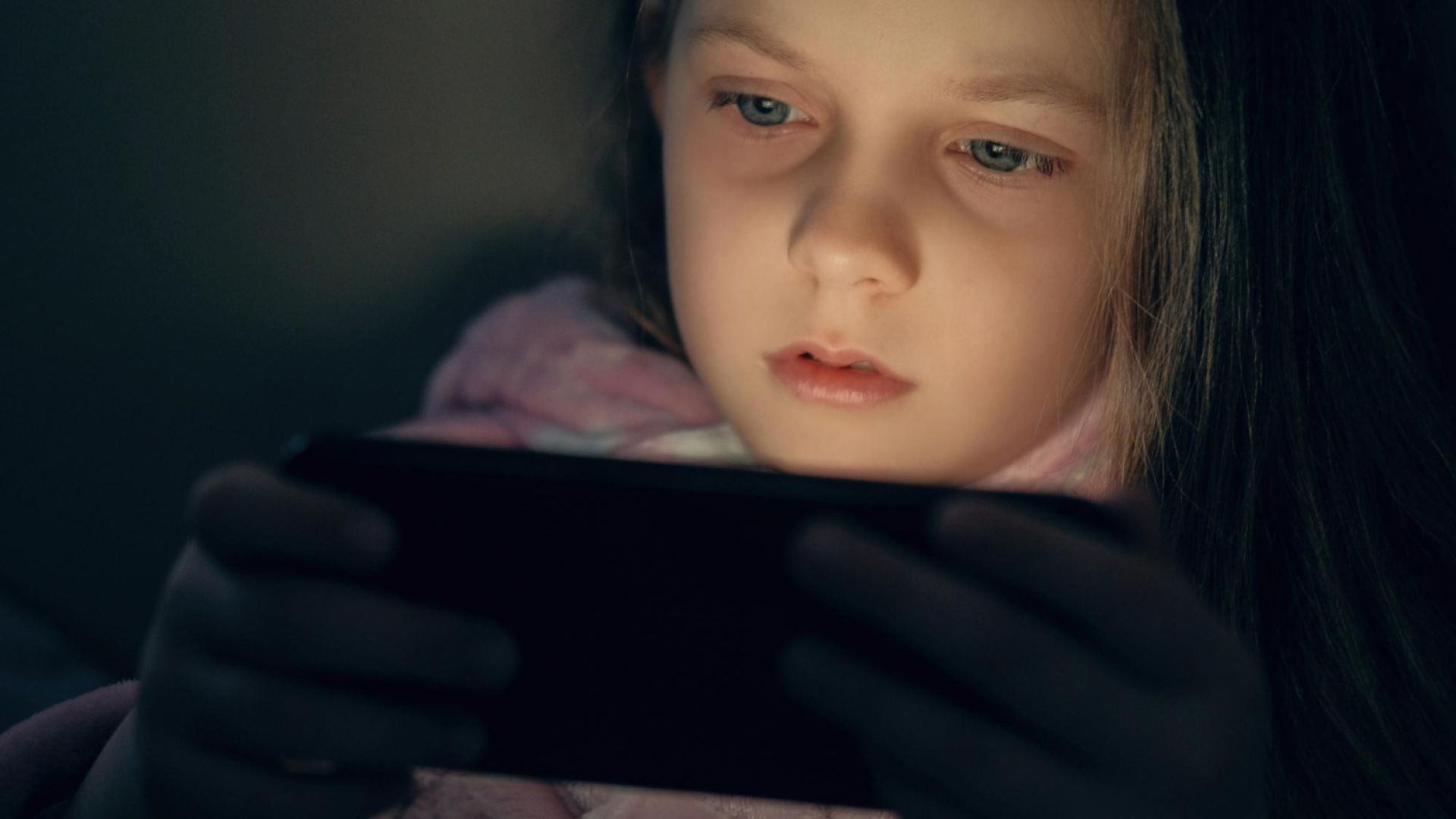In a world dominated by technology, our children's exposure to
screens has become ubiquitous, and with it come serious concerns among parents
about the impact on health. Recent studies and research conducted by
prestigious medical organizations such as the World Health Organization (WHO)
have revealed significant consequences for children's physical, cognitive and
emotional health. This article takes a detailed look at the impact of
children's screen exposure, exploring key medical issues that deserve
attention.
If you are faced with dilemmas about how to handle this type of
situation, or if your child is already experiencing effects from those
described in this article, you can consult online with one of the specialists
on the Digital Clinics platform. A psychologist,
a
specialist in pediatric psychiatry or a paediatrician
is at your disposal with his expertise, just a click away.
1. Cognitive Development and the Impact of Blue Light
According to WHO research, children's exposure to blue light
emitted by screens can affect cognitive development. This blue light has the
potential to influence the circadian rhythm and can disrupt children's sleep as
well as their ability to concentrate and learn. Thus, it is important to be
aware of the direct impact on developing cognitive functions.
2. Sleep Disorders and Effects on Quality of Life
Studies have shown that using electronic devices before bed can
contribute to sleep disturbances in children. According to WHO recommendations,
this is largely due to the impact of blue light on the production of melatonin,
the hormone essential for sleep. Sleep disorders can affect children's quality
of life, negatively influencing school performance and their overall
development.
3. Physical Health Problems and the Risk of Obesity
Prolonged exposure to screens is associated with decreased
physical activity in children. The WHO warns that this sedentary lifestyle can
increase the risk of obesity and disorders related to cardiovascular health.
Encouraging an active lifestyle and carefully monitoring the time spent in
front of screens thus become imperative to prevent these health problems.
4. Impact on Eye Health and Increase in Myopia
Medical research highlights the effects of excessive screen
exposure on children's eye health. Dry eye syndrome, eye fatigue and increased
risk of myopia are just some of the significant consequences. These problems
can negatively influence the quality of vision and, implicitly, the school
results of children.
5. Emotional and Social Problems
Pediatric psychiatry has identified a significant correlation
between screen time and children's emotional and social problems. The risk of
social isolation and anxiety increases in the context of prolonged exposure to
online content. Open communication and careful monitoring of children's
behavior become imperative to prevent these problems.
6. Risks of Aggressive Behavior and Viewed Content
Research has shown that exposure to violent or aggressive content
on screens can contribute to aggressive behaviors in children. WHO recommends
careful supervision of the content to which children are exposed to minimize
the risks of aggressive behavior and promote healthy emotional development.
How Can We Protect Children from the Negative Effects of
Screen Exposure?
Exposure Duration Limitation:
Setting clear limits on screen time, tailored to age and
individual needs.
Content Monitoring:
Ensuring that the content children are exposed to is age
appropriate and meets online safety standards.
Promotion of Physical Activities and Active Lifestyle:
Encouraging participation in physical and sports activities to counter
sedentarism.
Creating a Healthy Sleep Environment:
Limiting screen use before bed to ensure restful and healthy
sleep.
Oversight and Open Communication:
Maintaining open communication with children, offering support
and discussing the consequences of excessive screen time.
By deeply understanding the impact of screen exposure and taking
preventative measures, parents, teachers and health professionals can help
protect children's health and optimal development in this ever-evolving digital
age. It is imperative that we adapt our practices to ensure the health of our
children and focus on promoting a balanced and healthy exposure to technology
so that they can fully enjoy the benefits of the digital environment without
suffering negative consequences. So, implementing a balance between screen use
and offline activities can significantly contribute to maintaining the physical
and mental health of our children.
By carefully monitoring screen time, promoting physical activity,
and creating a healthy sleep environment, parents can guide their children
toward a balanced lifestyle. It is also important to consider the content
children are exposed to, making sure it is appropriate for their age and
development.
In conclusion, children's exposure to screens can have profound
medical implications, and understanding these aspects is crucial to protecting
their health and well-being. By applying preventive strategies and promoting a
healthy balance between technology and offline life, we can create an
environment conducive to the optimal development of children in the digital
age. It is our responsibility to educate and guide our children towards a
conscious use of technology, ensuring that it does not negatively affect their
quality of life and future.
You can always talk to a psychologist
or a pediatric
psychiatrist about the questions you have, during an online
consultation on Digital Clinics.







